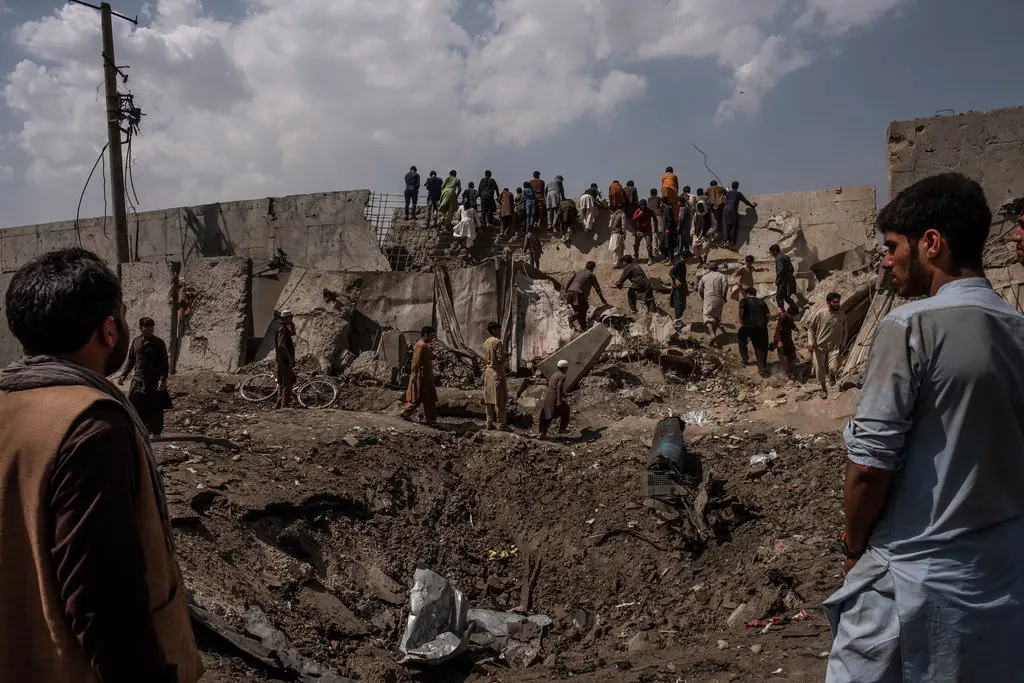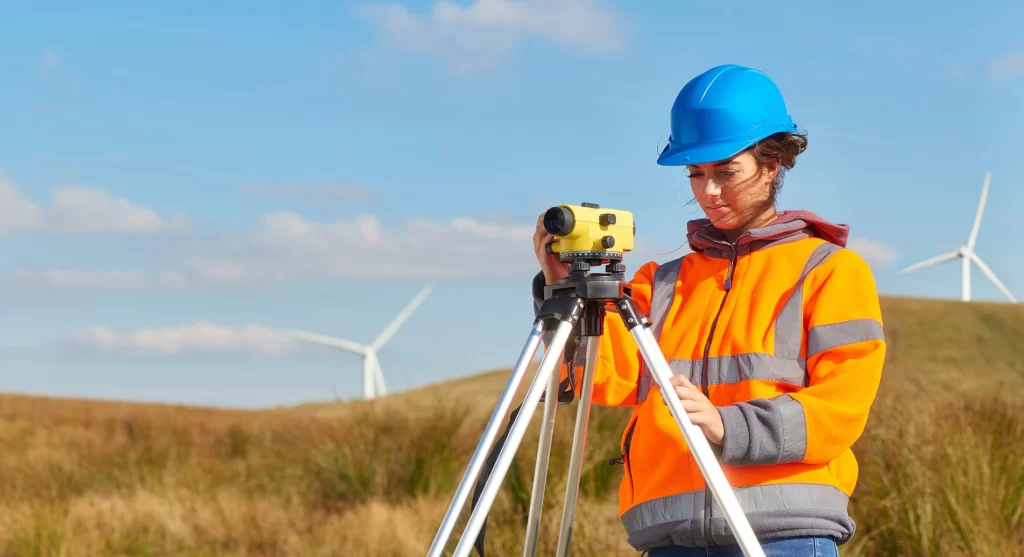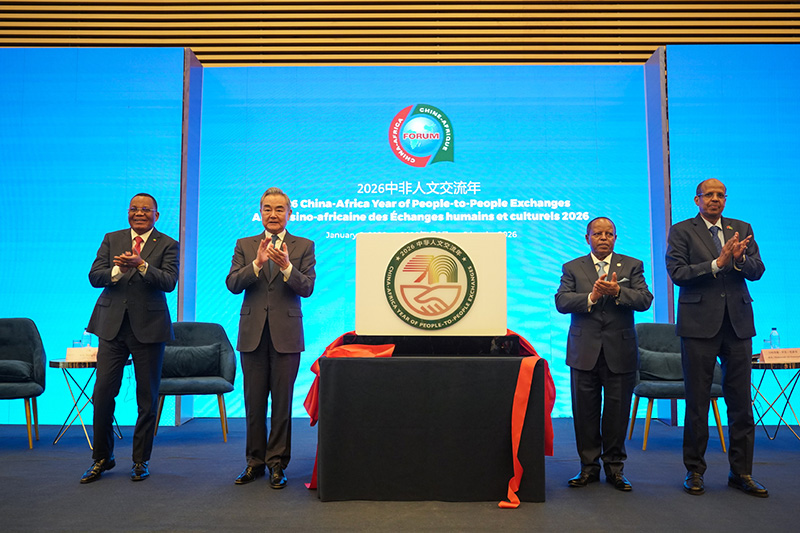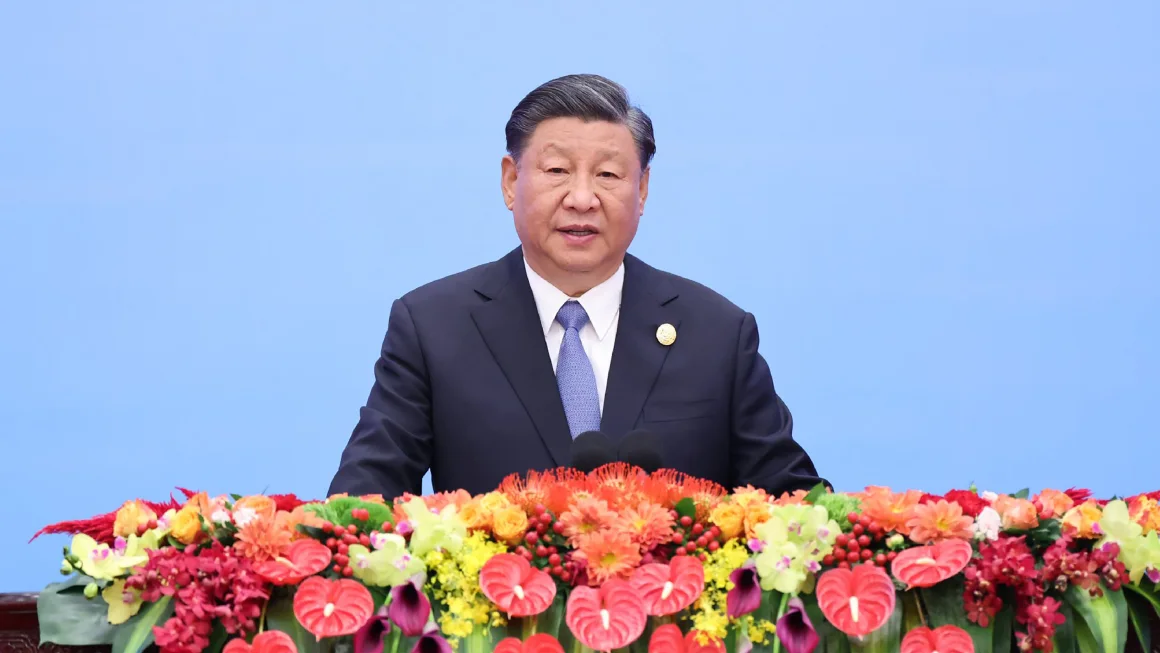We used to think that smart cities belonged to the fictional realms of fantasy worlds—places where futuristic self-driving cars, advanced energy systems, and hyper-optimized lifestyles exist. But modern reality begs to differ. Many cities around the world are innovatively and technologically advancing to be more environmentally friendly, safer, greener, and better interconnected. People who are keen to learn more about the concept of living in the future should note these ten smart cities that are exemplifying how their visions of tomorrow have already become a tangible reality.
Singapore: The Gold Standard of Smart Cities
Singapore is the world leader for smart cities. They utilize advanced technology to manage and help cubical issues such as traffic congestion and urban farming. Using their extremely reliable public transportation system, AI monitored public safety, and the Smart Nation policies, Singapore is establishing a new standard of living that is the envy of the world.
Dubai: The Desert’s Digital Oasis
Dubai aims for the girts disport of clean energy aspiration becomes Per ben out singular driven taxis which got shared with contract driven blockchain principle governing servrots. The city already sued is block noting their reckless divining full winter nations to advanced firetube. One of the most awe inspiring block noting their adaptations.
Amsterdam: Where Sustainability Converges With Technology
The adoption of smart technologies in Amsterdam’s resolute efforts towards sustainability is remarkable. From public transport custom apps to energy efficient buildings and entire neighborhoods powered by renewable energy, Amsterdam is certainly a precursor to future eco-friendly urban living.
Seoul: The Metropolis of Hyper Connectivity
Seoul has interwoven city smart technologies into its deep urban fabric. The free public Wi-Fi trenches alongside AI-based flood detection systems and digital healthcare services look after the public as a huge leap in public safety and convenience. Virtual models of the city in 3D, known as digital twins, enable planners to simulate complex scenarios from traffic to disaster response.
Copenhagen: Pioneering Climate Innovation
Copenhagen is smart. 2025 will mark the first year where the city aims to obtain the title of being the world’s first fully carbon neutral city. Currently, the city is on a lively course with smart lighting, waste management, and bike sharing schemes. This focus on forward living makes Copenhagen one of the smartest and most sustainable cities in existence.
Barcelona: The New Face of Urban Life
Barcelona has embedded IoT technology into the very fabric of the city. The omnipresence of smart traffic lights, responsive environmental sensors and digital citizen services make city life more manageable than ever before. The remarkable blend of these technologies and rich culture make Barcelona an extraordinary smart city require first-hand experience.
Helsinki: Winter-Proof Smart Living
Heating demand is well managed in Helsinki, even during the harsh winters. The city lies on a smart grid which takes care of heating demand, and real time traffic apps reroute vehicles during snowstorms. With AI city planning, digital healthcare services, and myriad other features, it is quite clear how smart cities can function effectively even in extreme conditions like the ones observed in Helsinki.
Tokyo: The Future in Motion
Robotic airport assistants, waste sorting AI, and autonomous vehicles are just some of the futuristic features Japan showcases. Tokyo, albeit known as the city which never goes to bed, serves as a beacon for adopting smart city technology – in fact, it streamlines literally every single part of life, making it faster, cleaner, and simply more convenient.
Vienna: Smart Heritage Meets Modern Tech
With an approach defined as ‘Smart City Wien’, Wien is indiscriminately merging history and innovation. Smart technology Wien employs includes but is not limited to: renewable energy, sophisticated public transportation, and advanced housing projects blended into cultural heritage sites, which all model a futuristic city while being respectful and mindful of what came before.
Songdo, South Korea: Built from Scratch
With its fully pre-planned infrastructure, Songdo is often referred to as the world’s first truly “smart city”. Having everything from sensor-packed houses to multi-story car parks built with designated areas for self-driving vehicles, and even self-disposing litter boxes inside each home, Songdo certainly serves as a blueprint for the rest of the cities in the world.
Conclusion
The advanced technologies integrated in the infrastructure of these smart cities proves that its not just about futuristic living; its here. Be it business, travel, or curiosity, these cities provide new opportunities and experiences redefining urban living. So get your bags ready because you will be witnessing amazing innovations in real time within the cities that formulate our future living.











